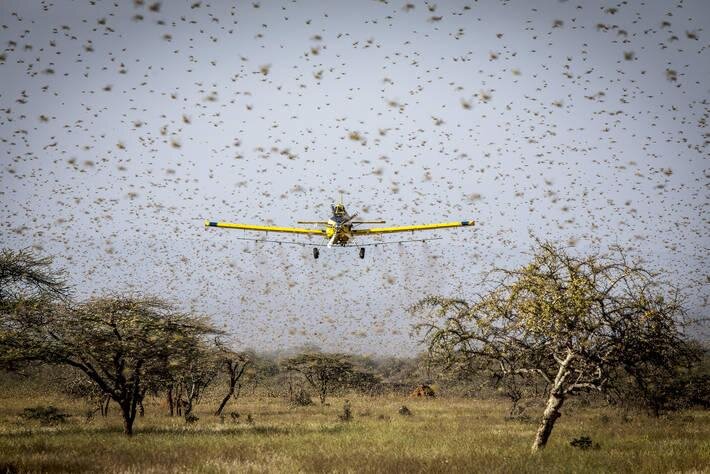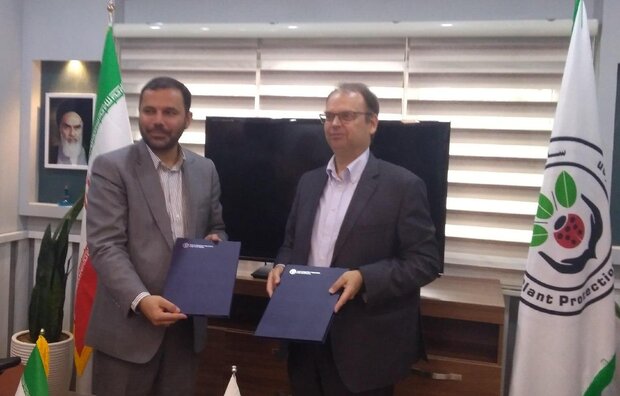Funded by FAO, the project will contribute to the efforts of the Iranian national and local managers and experts in five southern provinces of Khuzestan, Bushehr, Fars, Hormozgan, and Sistan and Baluchestan by providing knowledge, skills and equipment in order to detect, track and rapidly respond to desert locust infestation, FAO office in Tehran reported.

As per the agreement and in close collaboration with PPO, FAO will initially conduct a workshop for three Iranian experts on training skills. Afterwards, the Organization will organise a number of training workshops for 320 locust, plant protection and agriculture officers in the concerned provinces, enabling them to effectively utilise and maintain Ultra Low Volume (ULV) sprayers and to further empower them in survey and control operations and in reporting on desert locust.
Furthermore, in consultation with the FAO Desert Locust Information Service (DLIS), a locally modified offline mobile application will be developed to facilitate the recording and collection of information (text, graphics, photos and videos) on desert locust biology, behaviour, survey, reporting, control, and safety.

FAO will likewise assist the Country in establishing two permanent desert locust control centres through procuring 30 ULV vehicle-mounted sprayers, 50 ULV handheld sprayers, 150 sets of personal protective clothing and requisite chemicals/pesticides.
Based on the lesson learned and the good practices fielded within this and other desert locust management projects, FAO will develop a strategic advisory report/note for the national authorities on managing desert locust at the country level.
FAO, being the lead UN agency dedicated to increasing food and agricultural development, has longstanding expertise in monitoring Desert Locust populations and helping countries cope with this devastating migratory pest.
MNA/PR
